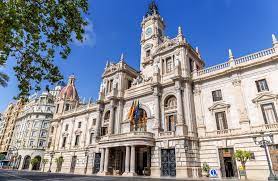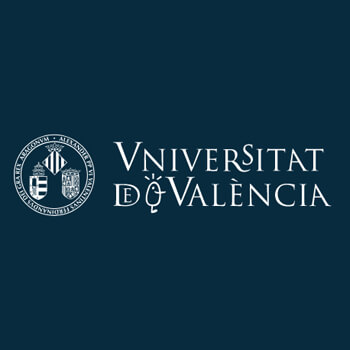
University of Valencia

About University of Valencia
When the University of Valencia was launched in 1502 it specialized in the studies of medicine, humanities, theology and law. The Spanish institution now offers degrees in basic and experimental sciences, engineering, health sciences, humanities, education, and social, economic and legal sciences. Most of the courses are taught in Catalan. It has three campuses: the Blasco Ibáñez and Tarongers sites in the center of the city and the Burjassot-Paterna campus in the municipal districts to the north-west. Classes are also held at Ontinyent and Gandia, both of which are south of the city in the Valencian Community. The University of Valencia is made up of 18 faculties and schools and 19 interdisciplinary research institutes. Altogether it offers more than 50 bachelor programmes, 110 master’s degrees and 60 doctoral programmes. Its science park is home to more than 80 start-up companies and six research institutes including the Astronomical Observatory. The university also has its own botanical garden, which was founded in 1567 and was originally used to grow medicinal plants for its medical school. It was then used to hold classes in botany and carry out acclimatization experiments and today the garden carries out research into plant diversity and conservation.









